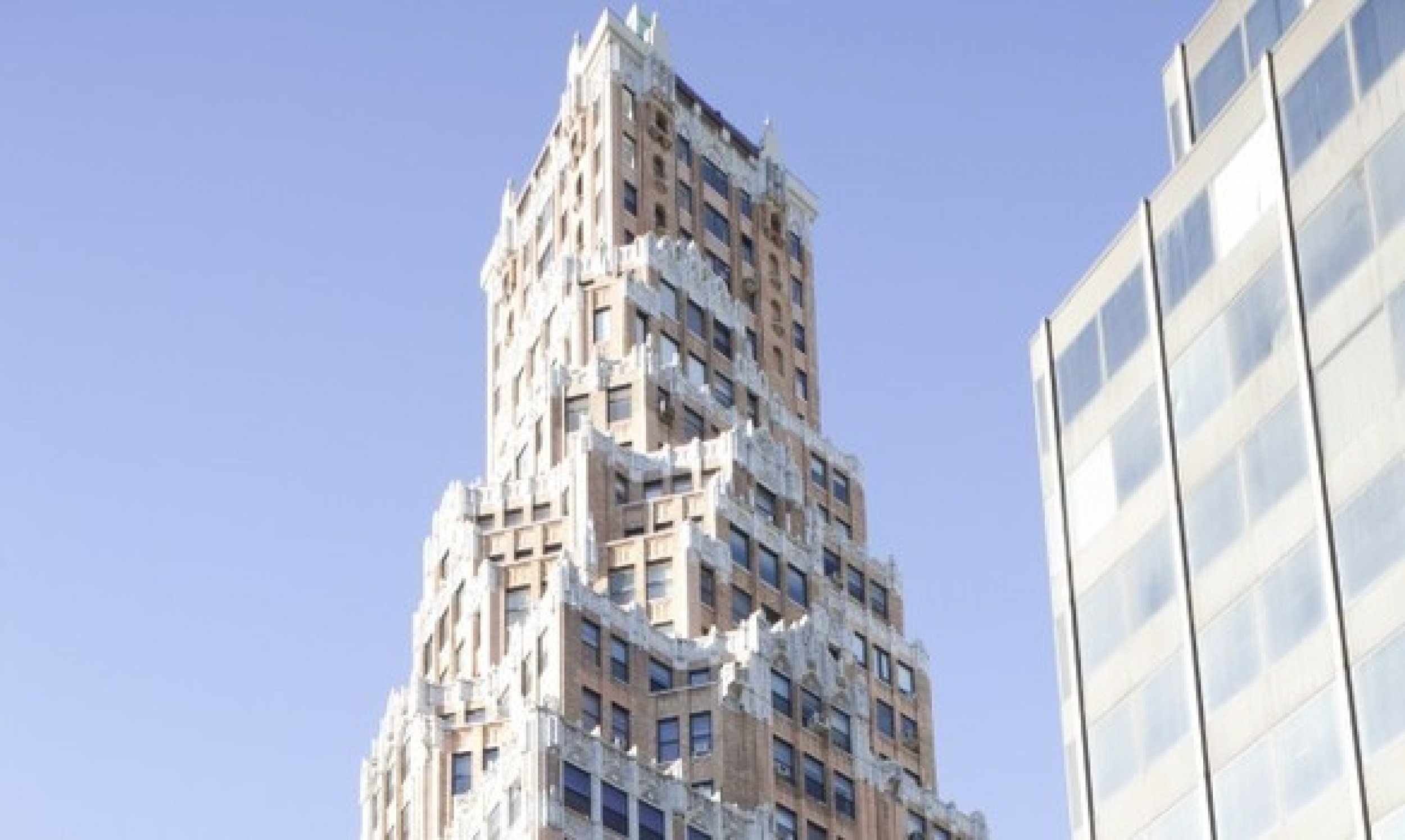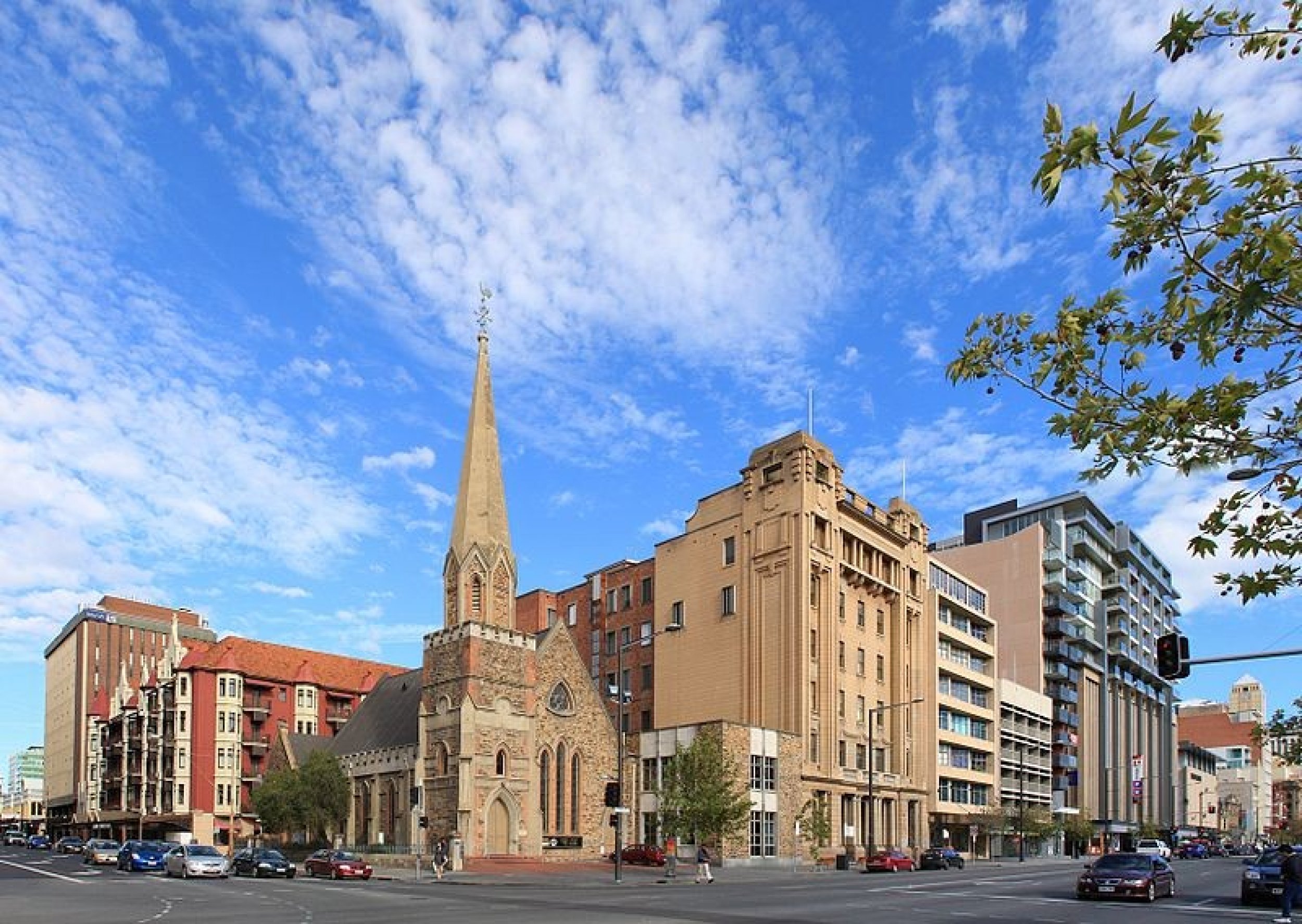The World’s Most Livable Cities In 2012 [SLIDESHOW]
How "livable" is your city? Moreover, what exactly makes one city more livable than another?
The Economist Intelligence Unit, an independent forecasting and advisory business within the Economist Group, defines livability by the following criteria: stability, health care, education, infrastructure, culture and environment.
It assesses which locations around the world provide the best or worst living conditions as a barometer for anything from benchmarking perceptions of development levels to assigning a hardship allowance as part of expatriate relocation packages.
Economist researchers looked at 140 cities across the globe for the company's second livability survey of 2012 and found that little has changed in six months' time. In fact, the score and ranking of the top 65 cities remained nearly identical.
Thus, Melbourne retained its title as the world's "most livable city" with a score of 97.3 on the 100-point scale (100 being "ideal," and 1 being "intolerable").
Economist Intelligence Unit survey editor Jon Copestake said Australian cities did particularly well, thriving in terms of livability.
"Not only do they benefit from the natural advantages of low population density, but they have continued to improve with some high-profile infrastructure investments," he noted. "In Adelaide, projects completed in recent years under the Strategic Infrastructure Plan for South Australia have been enough to move the city above Sydney, whose score is unchanged."
Melbourne may claim national bragging rights, but Copestake said other Australian cities are not far behind.
"Four of the five Australian cities surveyed are in the top 10 of the global index and are separated by just 1.6 percentage points."
Of the top 10, Sydney is the largest city with a population of about 4.5 million. In general, larger cities didn't fare as well as their midsize counterparts in wealthy countries. Honolulu, Hawaii, for example, was the highest-scoring American city at No. 26.
Elsewhere, the impact of the Arab Spring and fallout from the euro zone crisis directly affected many cities' results. Damascus, for instance, fell the furthest, dropping 13 places to the bottom tier of livability with a score of just 46.3 percent due to an ongoing civil war. Olympic host London, too, dropped in the rankings, primarily due to the riots that took place in the UK last year.
At the bottom of the cities surveyed, however, was Dhaka in Bangladesh (38.7 percent), which earned the dubious title of "least livable," edging out Port Moresby in Papua New Guinea (38.9 percent) by about a 0.2 points.
For a look at the top 10 most livable cities, according to the Economist Intelligence Unit, click "Start."




© Copyright IBTimes 2024. All rights reserved.






















